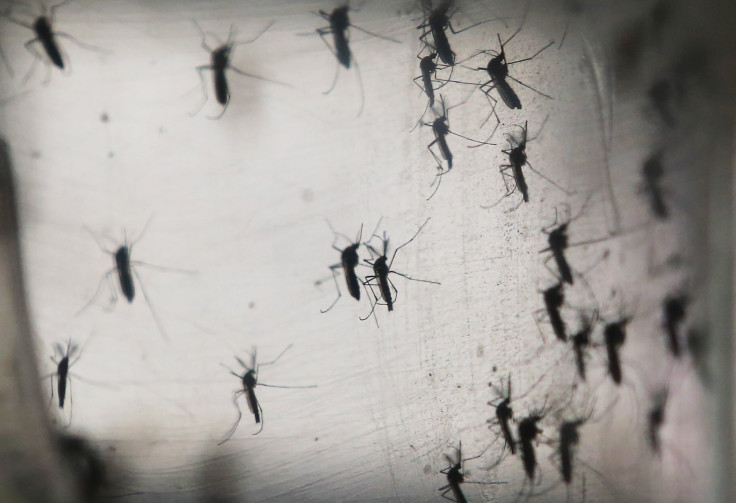Zika Outbreak: Virus May Also Cause Brain Inflammation, Study Finds; No Vaccine Before 3 Years, Brazilian Expert Says

A recent study has revealed that the Zika virus may also be associated with a deadly type of brain inflammation. Zika, which is suspected of causing birth defects, has already affected 1.5 million people in Brazil and has been spreading to several parts of South America, Central America, the Caribbean and Mexico.
According to a report from French researchers in the New England Journal of Medicine, the people infected with the virus may also be at a risk of having meningitis and encephalitis, NBC News reported. The researchers reportedly said they found the links after an 81-year-old man, who became ill on a cruise in the South Pacific, where Zika is circulating, was infected with the virus. The man developed meningoencephalitis, which is an inflammation of both the brain and the brain covering.
"Magnetic resonance imaging (MRI) of the brain was suggestive of meningoencephalitis," the team reportedly said. The man had been in "perfect health" before becoming ill, according to the report.
Zika, which was previously only known to cause moderate cold and flu-like symptoms, is now being suspected of causing multiple neurological disorders, as well as microcephaly in babies. Increasing numbers of reports suggest the Zika virus is connected with Guillain-Barré syndrome, but that link remains similarly unproven.
As Zika continues its spread, a vaccination for the virus is not expected to be available before three years, a Brazilian specialist said after global health experts agreed Wednesday to prioritize developing vaccines against the virus.
"Perhaps in three years we will have a vaccine," Jorge Kalil, head of the Butantan Institute in Sao Paulo, told reporters in Geneva, according to Agence France-Presse (AFP), adding that even that estimate was "optimistic.”
The World Health Organization said Wednesday that experts have agreed to focus on developing vaccines particularly for women of child-bearing age, as well as on creating ways to accurately diagnose the disease and produce innovative vector control tools to reduce mosquito populations.
An emergency vaccine "product profile" was being prepared to help guide developers, Marie-Paule Kieny, WHO's deputy director for health systems and innovation, told reporters, according to AFP, adding that the final profile should be ready in May.
"Vaccine development is still at an early stage and the most advanced candidates are still months away from entering early human clinical trials," Kieny reportedly said. "It is therefore possible that vaccines may come (too) late for the current Latin American outbreak," she said, stressing though that "the development of a vaccine remains an imperative."
Eighteen companies and research institutes are currently working on Zika vaccines, WHO said Wednesday. Another 31 laboratories are working on developing diagnostic tests with a profile on the needed diagnostic tools, which is expected to be ready by mid-April, the agency added.
The WHO is set to convene a meeting of the world's top experts next week on vector control to determine if a range of radical new methods could also be safely used against the Aedes aegypti mosquitoes carrying the disease.
The WHO said Tuesday that the Zika virus could be spread through sexual transmission more easily than earlier thought. Several countries have already reported cases of sexual transmission of the Zika virus.
The WHO also has issued travel guidelines, suggesting that women who are pregnant should "consider delaying travel to any area where locally acquired Zika infection is occurring."
© Copyright IBTimes 2024. All rights reserved.




















